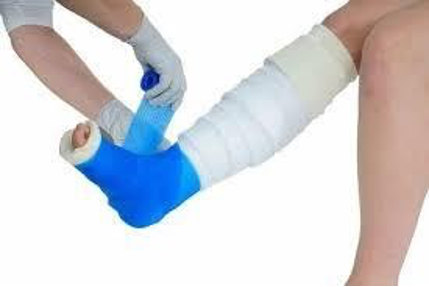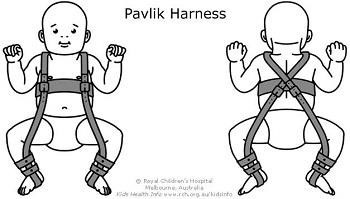Which change in status should alert the nurse to increased intracranial pressure (ICP) in a child with a head injury?
Confusion and altered mental status
Increased diastolic pressure with narrowing pulse pressure
Irregular, rapid heart rate
Rapid, shallow breathing
The Correct Answer is A
A change in status that should alert the nurse to increased intracranial pressure (ICP) in a child with a head injury is confusion and altered mental status. As intracranial pressure increases, it can affect brain function and lead to neurological changes, including confusion, disorientation, irritability, decreased level of consciousness, or other alterations in mental status. These changes indicate that the brain is being compressed and compromised, and immediate intervention is required.
Option B, increased diastolic pressure with narrowing pulse pressure in (option B) is incorrect because it, can be a sign of increased ICP, but it is not specific to head injuries and can be influenced by other factors such as pain, anxiety, or systemic conditions. It is important to consider the overall hemodynamic status of the child and assess for additional signs and symptoms of increased ICP.
irregular, rapid heart rate in (option C), can be a sign of increased ICP, but it is not specific to head injuries and can be influenced by other factors such as pain, anxiety, or other medical conditions. Assessment of heart rate should be considered along with other signs and symptoms of increased ICP.
rapid, shallow breathing, in (option D) can be a sign of increased ICP, but it is not specific to head injuries and can be influenced by other factors such as pain, anxiety, or respiratory conditions. Respiratory assessment should be considered along with other signs and symptoms of increased ICP.
Nursing Test Bank
Naxlex Comprehensive Predictor Exams
Related Questions
Correct Answer is B
Explanation
The primary concern when it comes to a synthetic cast is to keep it dry during bathing or showering. Moisture can weaken the cast material and lead to skin irritation or infection. Therefore, covering the cast with plastic and waterproof tape helps to protect it from getting wet.
Applying a heating pad to the cast if the child has swelling in the affected extremity in (Option A) is incorrect because applying a heating pad to the cast can increase the risk of burns and is not recommended. If the child has swelling in the affected extremity, it is important to elevate the limb and follow any specific instructions provided by the healthcare provider.
Splitting the cast if the child complains of numbness or pain in (Option C) is also incorrect. Splitting the cast, or attempting to modify or adjust it, should not be done without medical supervision. If the child complains of numbness or pain, it is important to notify the healthcare provider for further evaluation and appropriate management.
|
Wrapping the outer surface of the cast with an Ace bandage in (Option D) is incorrect as well. Wrapping the outer surface of the cast with an Ace bandage or any additional material is not recommended unless specifically instructed by the healthcare provider. It can affect the fit of the cast, alter the healing process, and potentially cause complications |

Correct Answer is A
Explanation
A. The harness maintains the hips in flexion, abduction, and external rotation
The factor that the nurse should include when teaching a parent about the care of a newborn
in a Pavlik harness for hip dysplasia is that the harness maintains the hips in flexion,
abduction, and external rotation. The Pavlik harness is a commonly used device for the
treatment of developmental dysplasia of the hip (DDH) in infants. It is designed to hold the
hips in a position that promotes proper alignment and development.
The harness maintains the hips in flexion, abduction and external rotation in (Option B) is
incorrect. The Pavlik harness should not be removed with every diaper change. The harness
needs to be worn consistently as directed by the healthcare provider to ensure the
effectiveness of the treatment.
The harness is the only first step of treatment in (Option C) is incorrect. While the Pavlik
harness is an important step in the treatment of hip dysplasia, it is not the only step.
Additional treatments, such as bracing or surgical interventions, may be required depending
on the severity of the condition.
The harness in worn for 2 weeks in (Option D) is incorrect. The duration for which the Pavlik
harness is worn can vary depending on the individual case and the healthcare provider's
instructions. It is typically worn for several weeks to months, and the specific duration will be
determined by the healthcare provider based on the child's progress and response to
treatment.

Whether you are a student looking to ace your exams or a practicing nurse seeking to enhance your expertise , our nursing education contents will empower you with the confidence and competence to make a difference in the lives of patients and become a respected leader in the healthcare field.
Visit Naxlex, invest in your future and unlock endless possibilities with our unparalleled nursing education contents today
Report Wrong Answer on the Current Question
Do you disagree with the answer? If yes, what is your expected answer? Explain.
Kindly be descriptive with the issue you are facing.
